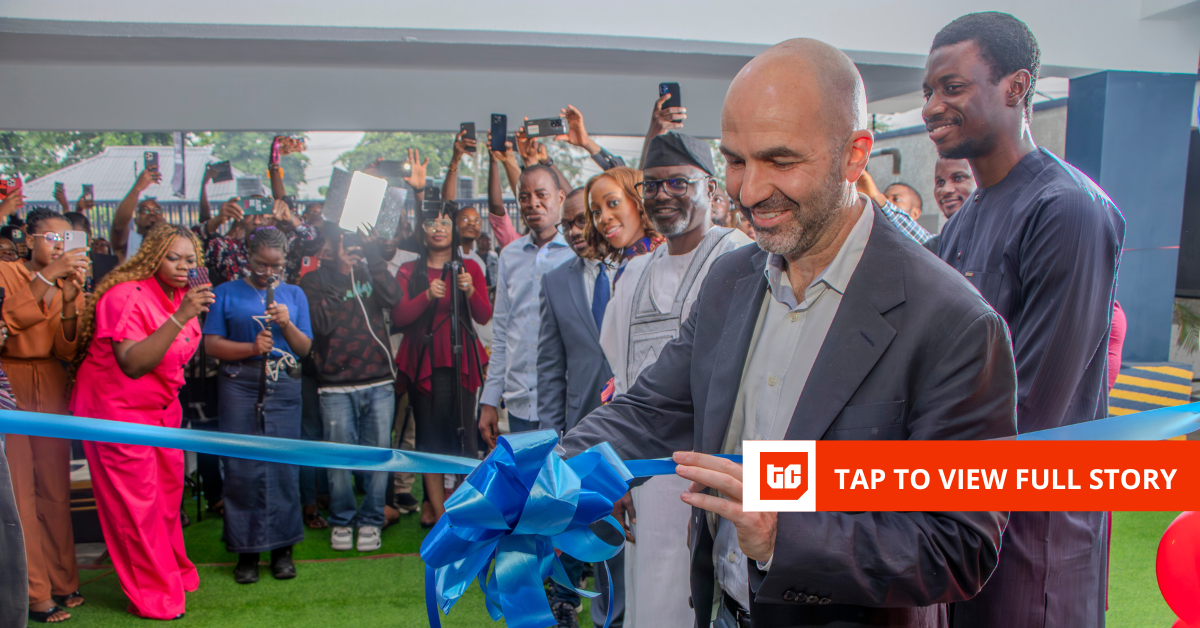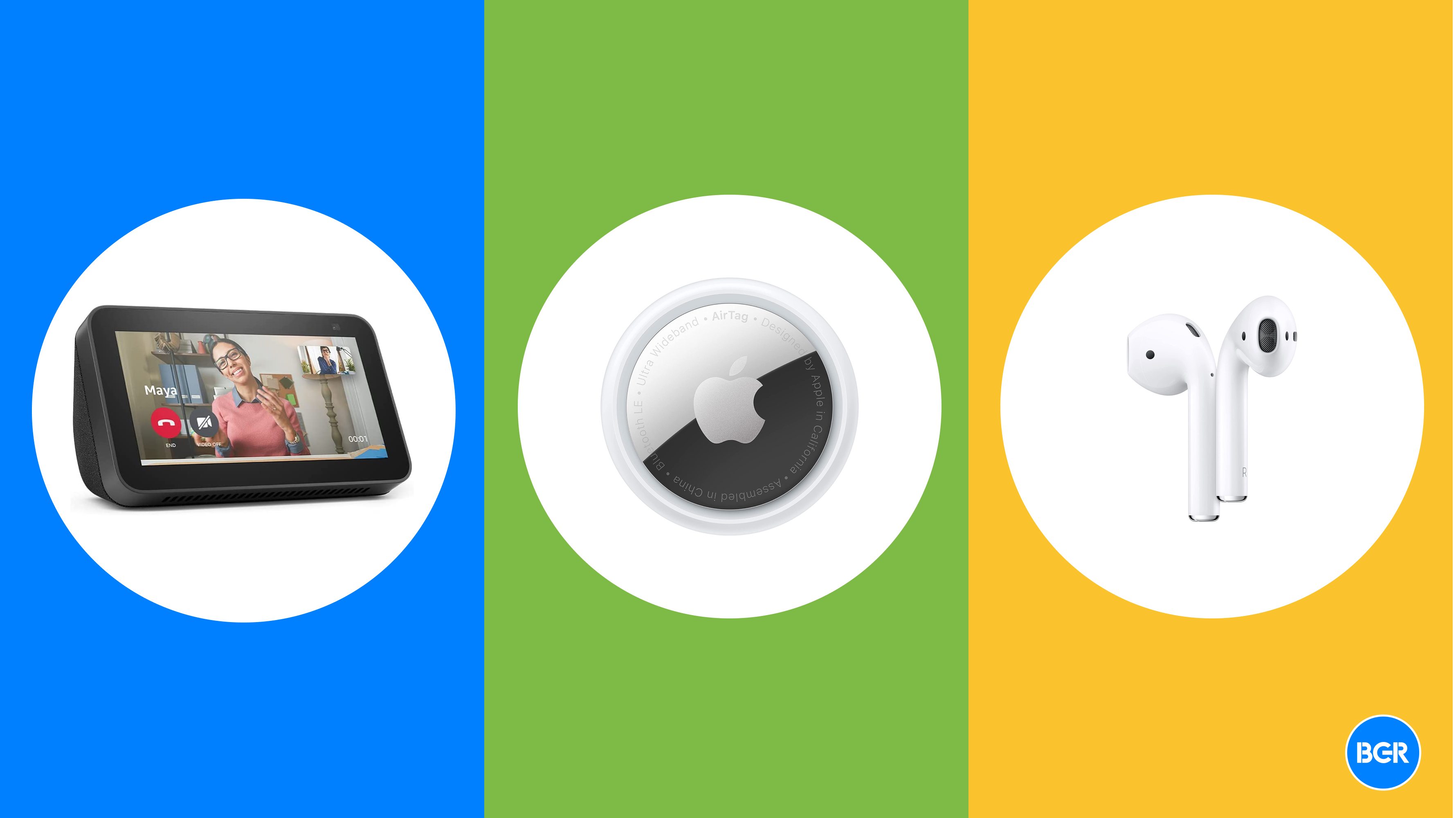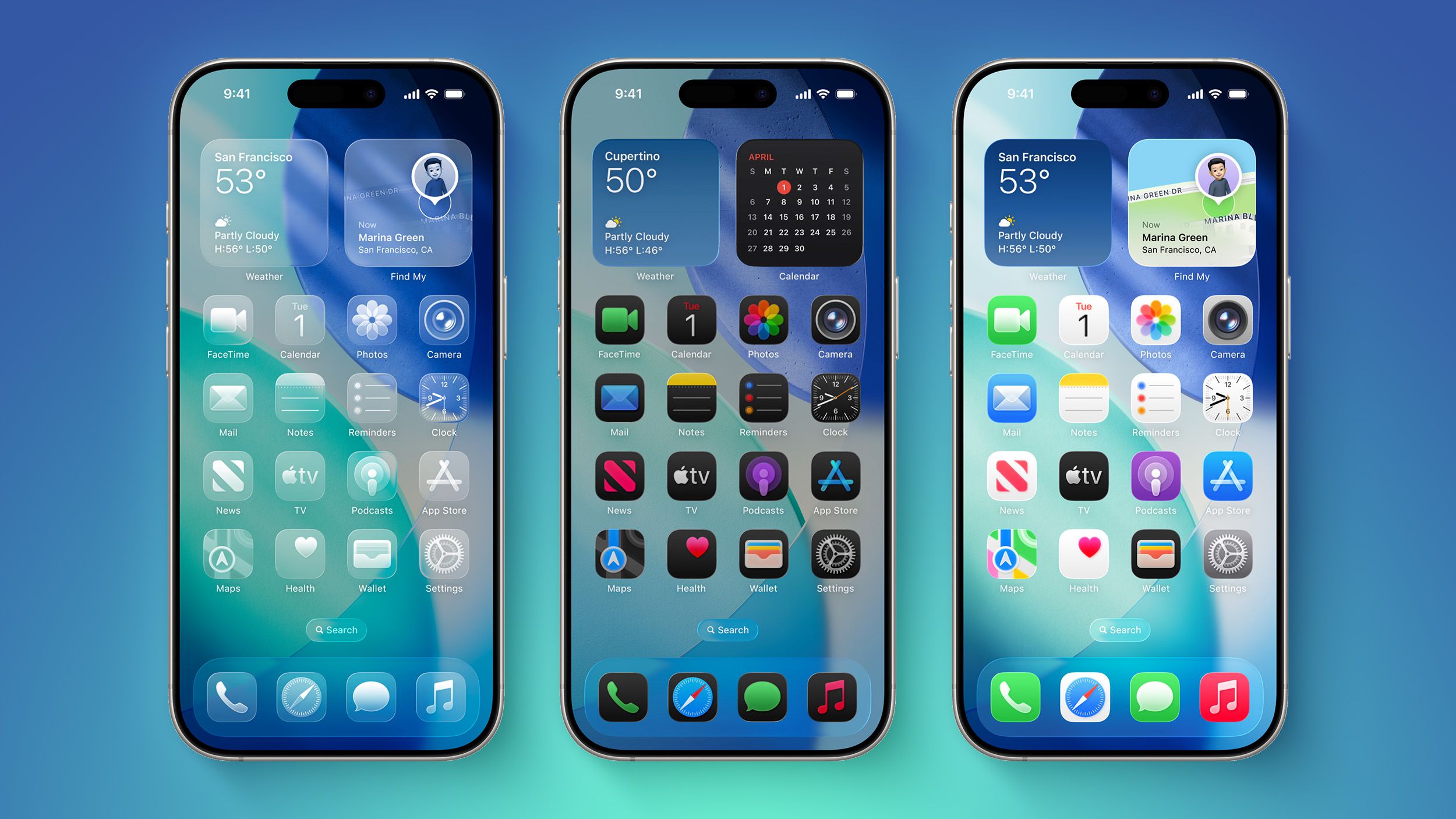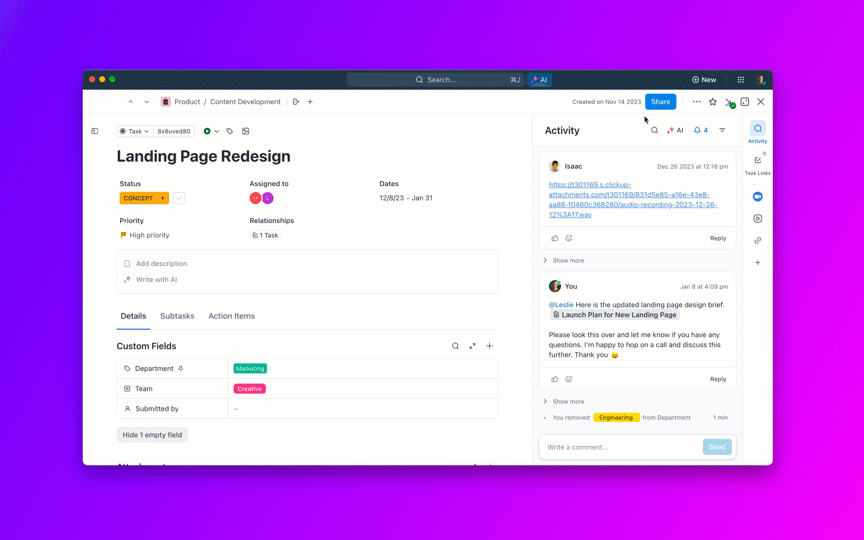It was 4 PM on a rainy Tuesday afternoon, April 29th, 2025, when scores of people trooped into the premises of a four-story building at the heart of Nigeria’s startup capital, Yaba, skittering to get shade from the unrelenting rain, which had been falling all afternoon.
Those people hurrying inside were not simply seeking shelter. They were attending the launch of the newly built study centre of Nigeria’s first fully accredited private open university, MIVA.
Launched in 2023 by edtech pioneer uLesson, MIVA offers undergraduate and postgraduate degrees in computing and management courses such as computer science, software engineering, accounting, economics, business management, public policy & administration, data science, and cybersecurity. Two years and over 9,000 learners later, MIVA is bringing learning closer to its students.
“There are many things more important than just studying. Having a community is one of them,” Sim Shagaya, chancellor of the university, said as he welcomed the crowd to the opening ceremony of the study centre launch.
“The university is not just a place to study; it is a community where you connect with like-minded people,” the renowned entrepreneur continued, delivering his remarks in a manner reminiscent of distinguished, Ivy League addresses.
The crowd, mostly MIVA students, journalists, and would-be learners who came to explore the newly opened space, cheered in applause after his speech. From a modest 500 students in 2023, MIVA is on track to surpass 10,000 by May, with plans to reach 20,000 by year’s end and a bold target of 100,000 students by 2027. Rolling out more study centres like this one will be key to achieving that vision.
MIVA Open University is one of the open universities solving the capacity problem in Nigeria’s tertiary education system. Of the 1.8 million students who sat for the Joint Matriculation Board (JAMB) exams, an entry exam into Nigerian tertiary institutions in 2022, only 600,000 were admitted. Nigeria’s 170 universities can only hold 1.8 million students, and there are not enough places for even those who pass college entry exams.
The study centre—one of many that the university plans to launch—sits in a four-story high-spec space housing study rooms, co-working spaces, a gym (although not yet equipped at the time of this report), a CBT centre, and a rooftop for events.
MIVA is required by Nigerian universities’ law to have one of these centres to conduct examinations for undergraduate students. However, the physical centres are an acquisition play for the university to attract new learners. MIVA uses its physical hubs to mimic the “micro-campus” strategy pioneered by U.S.-based National University, which operates over 250 centres and serves half a million students.
“We’re inspired by how physical presence can correlate with user growth,” Iheanyi Akwitti, MIVA’s registrar and chief academic officer, told , citing data that showed a direct relationship between campus footprint and enrollment spikes.
Akwitti says the launch of the study centre is not motivated by profits, although it will make money by leasing out some of the facilities for external use. The registrar added that MIVA will launch similar study centres in underserved rural locations across the country, areas without access to the internet and electricity.
While tuition remains Miva’s core revenue stream, the study centres open new income verticals. The centres will double as public co-working spaces and event venues during non-exam periods. Gym memberships and other paid amenities are also open to non-students.
This mixed-use model offsets costs while driving foot traffic and brand visibility. “It allows us to charge efficiently, remain price competitive, and still generate returns,” said Aniekeme Umoh, MIVA’s chief operating officer.
MIVA’s study centre launch comes as more edtech startups across the country are blending physical locations with their digital models. AltSchool recently set up campuses in Malta, introducing a hybrid approach where learners can have in-person learning sessions with tutors. While these edtechs primarily offer online learning to their users, they recognize that some elements—face-to-face interaction and community—of traditional education remain invaluable and are integrating both approaches to better serve students’ evolving needs.
The rain finally lets up at 4:52 PM, and the crowd, now a little more curious, files through the glass doors for a tour of the new MIVA flagship. Laughter bounces off the walls as students and would-be learners peek into study rooms, test out the co-working spaces, and imagine rooftop parties under clearer skies.
As the building tour wrapped up, students and guests gathered in the conference room. Here, MIVA unveiled MIND, the university’s new AI-powered learning assistant. Unlike a typical chatbot, MIND is designed to integrate seamlessly into each student’s learning experience, offering adaptive feedback, interactive quizzing, and personalised support that could redefine how Nigerian students study and succeed.
With a planned launch for May, MIND will be available to MBA students studying at the university, helping them study through case studies and testing for critical thinking, comprehension, and communication.
“Writing an essay is not the truest test of understanding,” said Ayooluwa Nihinlola, MIVA’s chief content officer. “Conversation is the best way to know how people learn. So the core of the idea behind MIND is to allow students to have real-time conversations with the AI.”
With the rain easing and the city lights coming on outside, it was evident that this launch marked the start of something new. The first flagship centre is open, but MIVA’s ambitions are bigger, and the rollout is only picking up speed.











